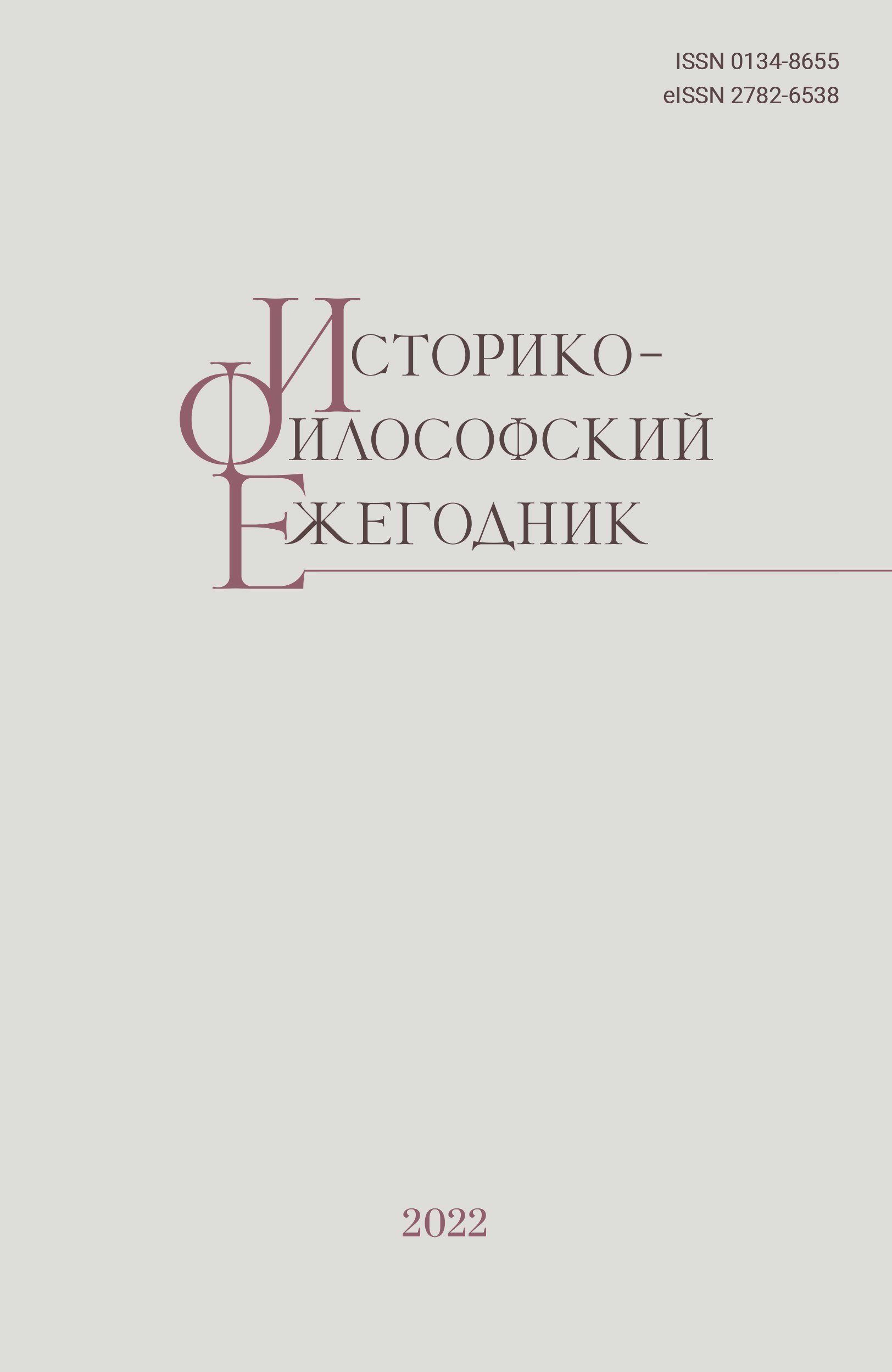The Consolatory Discourse of the Imprisoned Monk by Maximus the Greek: The First Evidence of “Prison Literature” in Russia
Keywords:
Maximus the Greek, Russian prison literature, Francesco Petrarch, biblical quotations, Girolamo SavonarolaAbstract
The Consolatory Discourse of the Imprisoned Monk provides an insight into Maximus the Greek’s attitude towards imprisonment, which was already announced in his behaviour during the trials. This work appears strikingly similar to two of Savonarola’s short writings. The resemblance resides not only in the quotations from the Holy Scriptures – featuring the metaphor of spiritual combat – but more particularly in the themes of man’s ingratitude and hope in the just judgement of God. The idea of spiritual combat and the notion of the patience that allows one to endure the prison conditions, are also found in Francesco’s De remediis utriusque fortunae published in Italy at the end of the 15th century. The reasons for Maximus the Greek’s specific attitude towards imprisonment, stemming from unjust persecution, can be reconstructed from the references to the Holy Scriptures, even when their meaning is not explicitly expressed. Biblical quotations often have the function of expanding the meaning of the text. In this work, they instead reflect the writer’s ideas, following the rationale of the unspoken found in the practice of self-censorship that is so crucial to an understanding of modern and contemporary literature.

